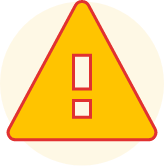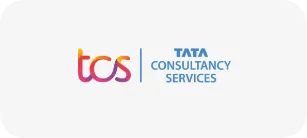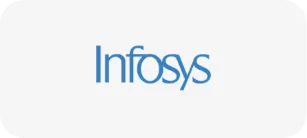Course Highlights
About the Program
Why do top product-based companies that use a variety of AI and ML technologies hire individuals with powerful algorithms and C language proficiency?
Do you believe that writing or modifying OS and compiler-based modules in high-level, interpreted languages like Python, which are extremely slow compared to C or C++, is much simpler and more effective?
If you simply learn about the underlying workings of all compilers, linkers, loaders, and other complex software, you might be surprised to learn that C serves as the foundation for the majority of them.
C is a general-purpose programming language that was created in the 1970s by Dennis Ritchie. It is a powerful and versatile language that is used for a wide variety of applications, including operating systems, compilers, and embedded systems.
C is used for a wide variety of applications, including:
Operating systems: C is the language of choice for writing operating systems. The Linux kernel, for example, is written in C.
Compilers: C is also used for writing compilers. Compilers are programs that translate code from one programming language to another. For example, the GCC compiler is written in C.
Embedded systems: C is also used for writing embedded systems. Embedded systems are small, specialized computers that are used in a variety of devices, such as cars, appliances, and medical devices.
C is an important language for a number of reasons. C provides programmers with a great deal of control over the hardware and software of a computer. This makes it ideal for writing high-performance applications. C can be used for a wide variety of applications, from operating systems to embedded systems. C programs are typically much smaller and faster than programs written in other languages, such as Java or Python.
C programming interview questions are a part of most technical rounds conducted by employers. The main goal of questioning a candidate on C programming is to check his/her knowledge of programming and core concepts of the C language.
This is a Learn by yourself module that can be accessed online by our learners to go through at their preferred time and pace.
This course will,
- Helps you to create a better foundation for your programming career
- Helps you to understand and visualize the inner workings of computer systems (like allocation and memory management)
- Helps you to understand the architecture and the overall concepts that drive programming
- Helps you to write more complex and comprehensive programs
- Helps you to learn how variables, arrays, etc. are stored in the memory, and how to manipulate the variables
We hope that you will gain the required knowledge from this program and demonstrate the skills learnt.
All the best!
This module will provide you with an introduction to Procedural Programming.
This module will guide you to the basics of C language and will also learn to write our first program in C.
In this module, you will learn about the Control statements and Loops in C language.
In this module, we will study the different aspects of array in C language such as array declaration, definition, initialization, types of arrays, array syntax, advantages and disadvantages, and many more.
Frequently Asked Questions
When you complete a paid Learn by Yourself course, for most of them, you will receive a certificate of participation, which you can share on LinkedIn/other social media. Certificates will help demonstrate your accomplishments.





















